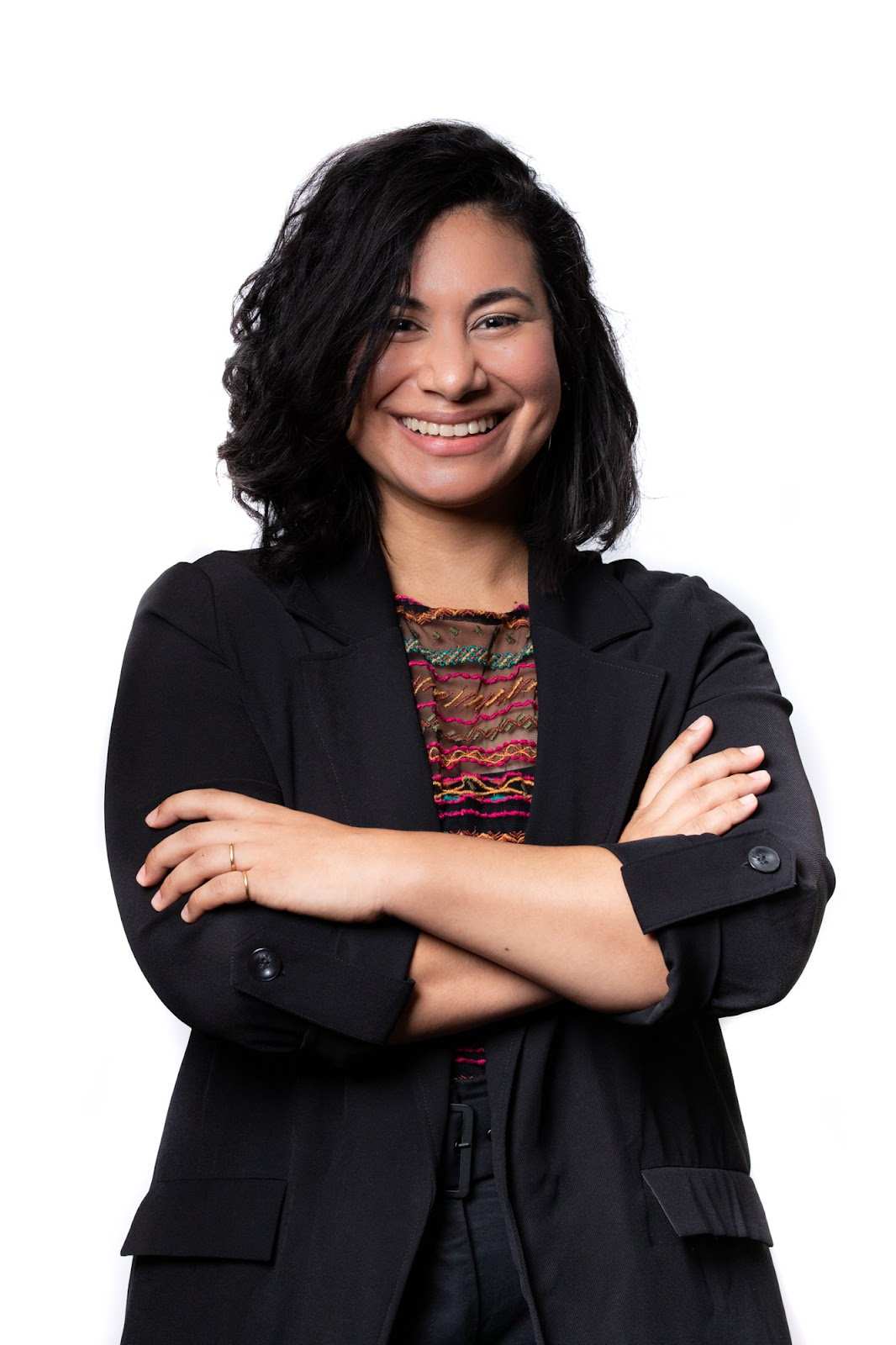COURSE DESCRIPTION
Human-scale farms are designed to be worked by humans, not machines. This allows for more control and precision in planting, harvesting, and caring for crops while reducing the environmental impact of farming. Developed by members of the Puerto Rico Science, Technology, and Research Trust and EcoGather, this course explores the methods and technologies that are appropriate for use on a human-scale farm. By studying real-life examples and drawing from the experiences of successful farmers, you will gain the knowledge and insights needed to identify methods and technologies that are suitable for human-scale farms.
This course goes beyond a mere examination of farming practices by delving into the ethical and sustainability considerations associated with technology, encouraging critical analysis and thoughtful reflection on its role in agriculture. It is an opportunity to gain valuable insights and broaden your understanding of human-scale farming, appropriate technologies, and their relevance in achieving sustainable agriculture.
Throughout this course, students will:
- Define human-scale farming.
- Define appropriate technologies.
- Explain why it is a relevant strategy for sustainability.
- Compare different approaches to human-scale farming.
- Consider beneficial and detrimental uses of technology in past, present, and future applications.
This course was created through and is part of :

COURSE-AT-A-GLANCE
The topical overview of the course below provides an early taste of what you can expect as you embark on your learning journey. To view a full description of each lesson, toggle to the ‘Lessons’ tab at the top of this screen.
- Module 1 – What is Technology?
- Module 2 – Techno-Optimism and Collapse
- Module 3 – Critiquing Technology
- Module 4 – Technology and Human Scale
- Module 5 – Assessing a New Technology
- Module 6 – Case Studies
AUDIENCE
This course is designed for:
- Agroecological farmers
- Small scale farmers
- Farmers seeking to increase efficiency and comfort for themselves and their employees
- Anyone interested in the philosophy of appropriate technology
COURSE DEVELOPERS – Nayla Bezares & Nissa Coit
This course was developed collaboratively by Nayla Bezares and Nissa Coit, members of The Puerto Rico Science, Technology and Research Trust and Ecogather, respectively.
Nayla Bezares
Nayla is a food systems researcher and project manager at the Puerto Rico Science, Technology and Research Trust. The Trust is dedicated to investing, facilitating, and building the capacity of its citizens’ well-being through innovation-driven enterprises, science, technology, and public health. Nayla holds a Master’s degree in Agriculture, Food and Environment from Tufts University and is Puerto Rico.
.
Nissa Coit
Nissa is a life-long student of the natural world. She holds a Bachelor’s degree in Biology from the University of North Carolina, Chapel Hill and a Master’s degree in Entomology from the University of California, Davis. She has served as adjunct faculty at Sterling College in Entomology, Ecology, and Biology. Nissa currently works as a Learning Network Associate for EcoGather, where she supports the instructional design of courses on a broad range of topics. IN addition, to this course, she has served as a content contributor for Ecological Pest Management, Ecology Essentials for Everyone, Grounded Symbiosis: Soil, Plants and Fungi, and the Art and Science of Apiculture.

Disclaimer:
Course descriptions on this webpage are for informational purposes only. Content may be updated or changed as planning evolves. EcoGather reserves the right to alter the program specifics, including details about course content, instructors, collaborations, field trips, facilities, and pricing, at any time without notice.
EcoGather‘s programming is always subject to adaptive change based on then-current events (e.g., public health emergencies, extreme weather events, service outages, etc.). We appreciate understanding and flexibility when we make adjustments designed to support community safety and care for the places in which we learn. We also thank you in advance for your patience when technical snags beyond our control briefly interrupt access.

0 Comments